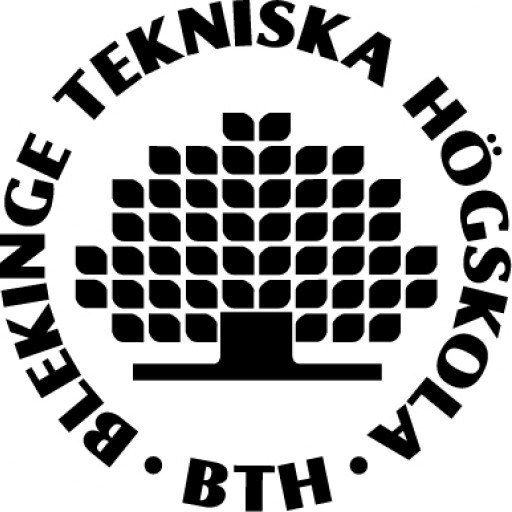Photos of university / #blekingetekniskahogskola
Advertisement
The objective of the programme is to prepare for qualified development work in industry as well as provide a basis for research studies. The students meet and work closely with researchers in the field of telecommunication systems and will get a thorough understanding in this area.
After finishing the studies the student will be able to apply the knowledge in a range of situations for an analysis of problems as well as creation of solutions. The student will be able to select, design and apply a range of complimentary and cohesive tools and concepts in the area.
During the programme studies the student will acquire an understanding of basic definitions and concepts, construction principles and construction methods and the practical application of these within the area of telecommunication systems and computer networking. The student will also obtain knowledge of important protocols, methods of system evaluation, current trends and problems in the context of mobile and broadband communications including security.
The studies will mainly be carried out on campus to make it possible for the students to work close to the researchers. The education will include both theory and practical applications and the student will work both independent and integrate in to team as well. The programme will be finished by a master thesis work (30 credit points) which normally will be done in close cooperation with the industry and/or research projects.
In order to get the masters degree a student has to complete 90 credit points (1.5 years) courses plus a 30 credit points (0.5 year) master thesis work, totally 2 years. One credit point (högskolepoäng) in the Swedish system corresponds to one credit point in the European Credit Transfer System (ECTS).
The programme is based on that the student has a bachelor of science in the area of either electrical engineering or computer engineering. For further information, please see the programme descriptor of the programme.
Learning outcomes
In addition to the aims regulated nationally the following aims have been set for the programme.
On completion of the programme the student will:
* show knowledge and understanding in the electrical engineering area.
* show thorough knowledge and understanding within telecommunication systems area.
* show knowledge and understanding of current trends and problems within the telecommunication system area.
* show ability to search, evaluate and use information in an independent way to be able to learn during both future studies and in their professional career.
* show ability to, in an independent way, broaden their knowledge into new areas within the area of telecommunication systems and also have the ability to analyse problems and develop new methods and techniques as well.
Job Profiles
Student with a degree from the programme may amongst other things work with following types of duties: Qualified development and / or research studies. The programme is especially interesting for students who want to work abroad.
The programme includes 90 credit points course work and 30 credit points master thesis work. Total duration of the programme is 2 years.
The goals of the programme are achieved by means of the courses comprising the programme. Assessment and examination are performed on a per-course basis, and details regarding examination and grading are present in the corresponding course syllabus.
During the programme, each course is evaluated and the course evaluations form the basis for further development.
General information
The aim and learning outcomes of the programme are reached through different courses included in degree. Assessment and examination take place at course level and details concerning assessment and grading for the courses can be found in each respective course descriptor.
The programme is continually evaluated and developed which may cause the courses offered and the position of the courses to change.
No courses added to this occasion yet.
Written Work
The programme concludes with a written degree project equivalent to 30 credit points.
International element
Students have the opportunity to study a semester abroad at any of BTH partner universities.
Assessment and grading
Assessment and examination varies between different courses in the programme. See information for respective course in the programme.
Programme Evaluations
Students' views on education are used to improve the program elements.
Programme Advisory Board
Programme will establish a programme committee that is responsible for ensuring education usability for labour market. Programme Council meetings is scheduled for 2 times/year Contact person for programme committee is: David Erman The program committee will be composed of students, alumni, external representative and teachers and subject area representatives.
Want to improve your English level for admission?
Prepare for the program requirements with English Online by the British Council.
- ✔️ Flexible study schedule
- ✔️ Experienced teachers
- ✔️ Certificate upon completion
📘 Recommended for students with an IELTS level of 6.0 or below.


